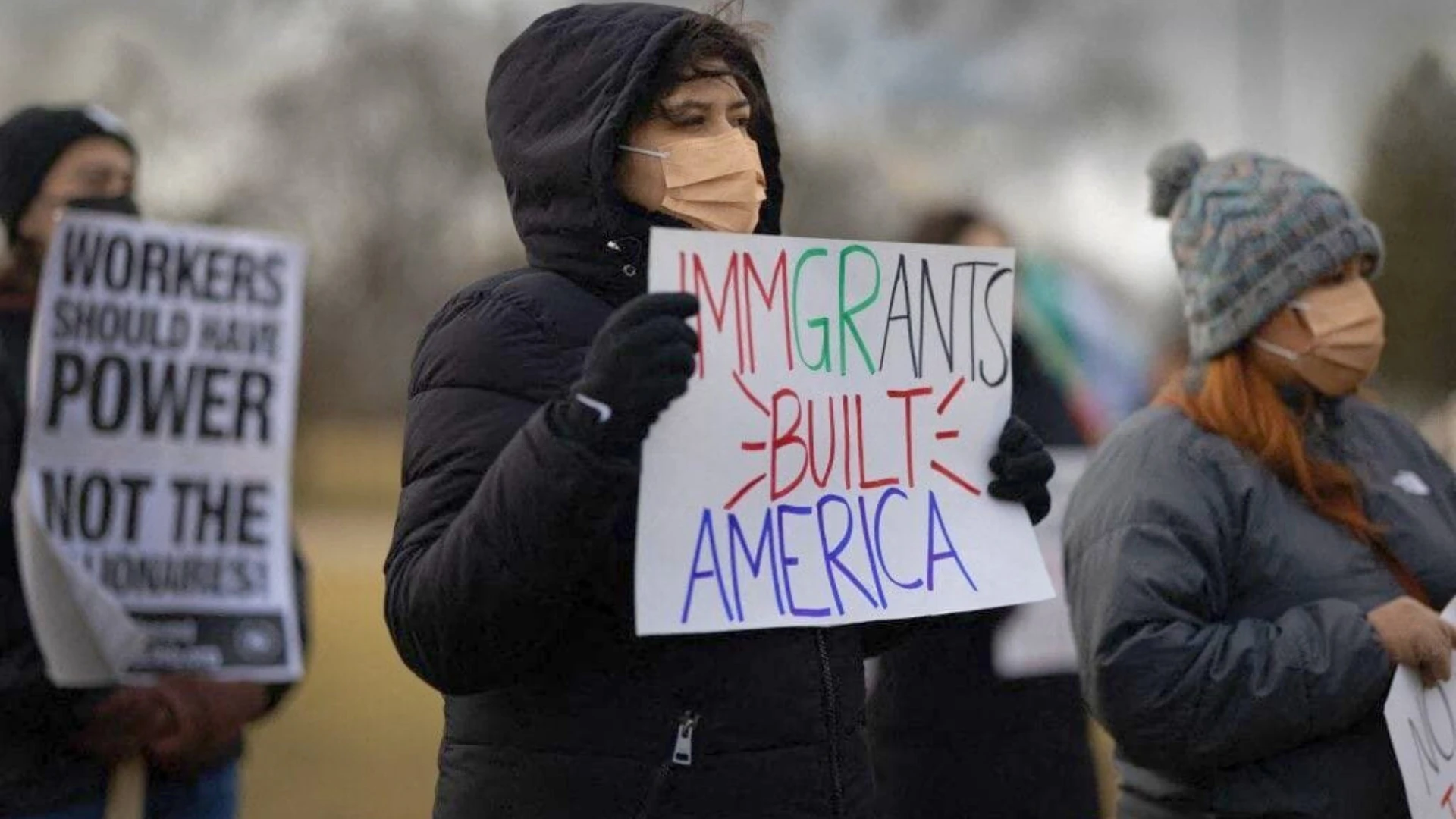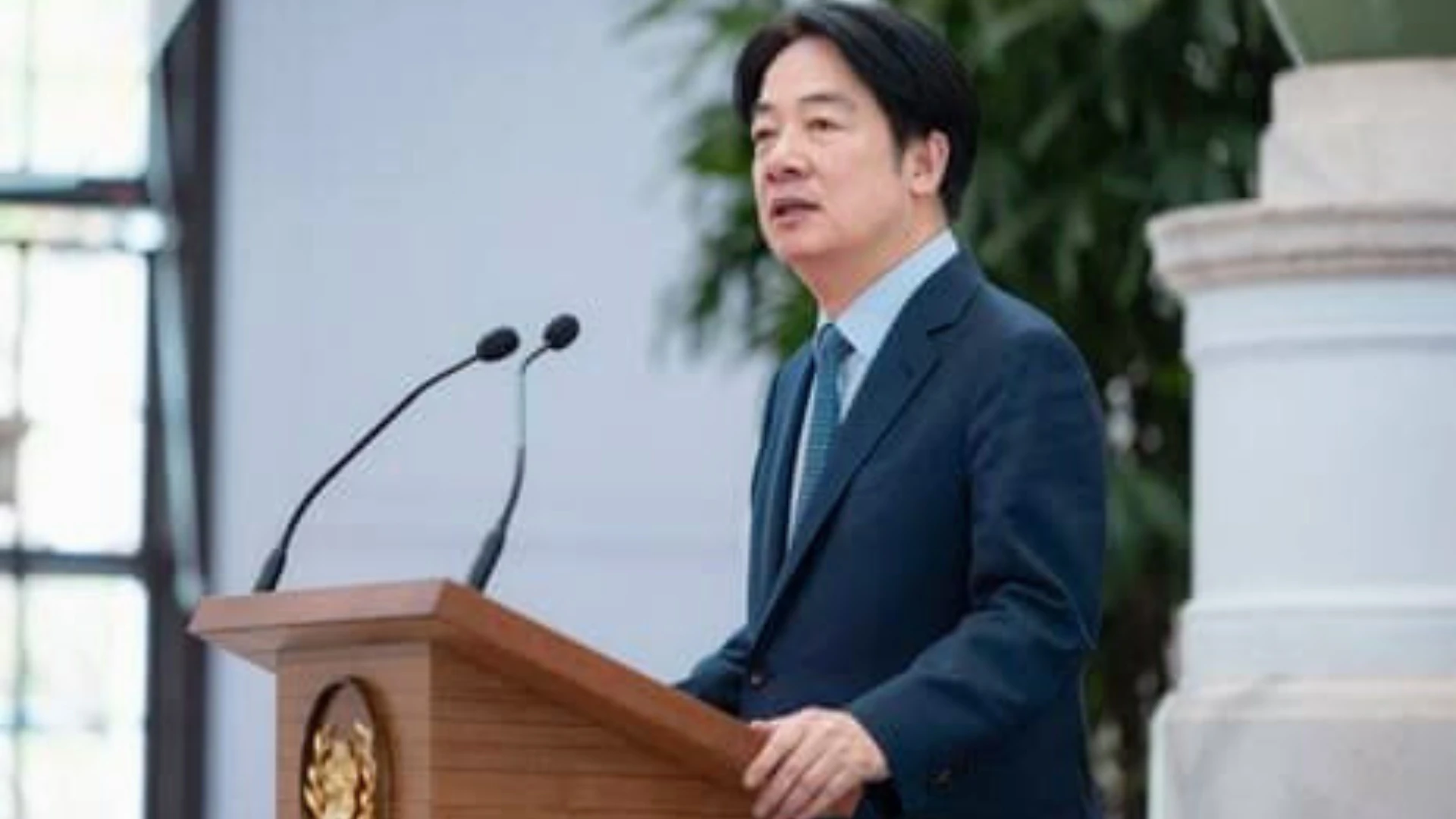Washington: The U.S. Supreme Court on Monday sided with President Donald Trump’s administration, allowing it to resume deporting migrants to third countries without granting them the chance to argue the dangers they might face there — a significant win for Trump in his drive for stricter immigration enforcement.
In a short, unsigned order, the Court lifted a lower court ruling that had required the administration to give such migrants a “meaningful opportunity” to present their fears of torture or violence in their destination countries. The ruling drew sharp criticism from the Court’s three liberal justices, who strongly dissented.
Justice Sonia Sotomayor denounced the move as a “gross abuse” of power and said the Court was turning a blind eye to the serious risks many migrants face. Joined by Justices Elena Kagan and Ketanji Brown Jackson, Sotomayor argued the Court’s decision disregarded constitutional rights and failed to hold the administration accountable.
The legal battle stems from a policy shift earlier this year by the Department of Homeland Security, which accelerated deportations to third countries — places other than a migrant’s country of origin. Immigrant advocacy groups responded by filing a class-action lawsuit to block removals that denied migrants the chance to voice their fears.
U.S. District Judge Brian Murphy in Boston had ruled on April 18 that such removals likely violated constitutional due process, which guarantees notice and an opportunity to be heard. He also found the administration in violation of his order when it attempted to send eight men to South Sudan in May — a country the U.S. itself warns is dangerous due to crime and armed conflict.
Those migrants were subsequently held at a U.S. military base in Djibouti. Despite the Supreme Court’s decision, Murphy clarified in a separate order that his injunction preventing their deportation to South Sudan remains in place.
Trina Realmuto, head of the National Immigration Litigation Alliance, warned of grave consequences. She said the Supreme Court’s ruling strips migrants of basic protections and puts lives at risk.
In its appeal, the administration claimed that its policy was already in line with due process and necessary to deport migrants — particularly those convicted of serious crimes — when their home countries refuse to accept them. The eight South Sudanese men at the heart of the case were said to have committed severe offenses including murder, arson, and armed robbery.
Following the ruling, White House spokesperson Abigail Jackson praised the decision, calling it a validation of Trump’s authority to deport criminal undocumented migrants. “Fire up the deportation planes,” added DHS Assistant Secretary Tricia McLaughlin.
This case is one of several legal challenges surrounding Trump’s renewed immigration agenda since his return to office in January. In May, the Supreme Court also upheld the administration’s decision to terminate humanitarian protections for hundreds of thousands of migrants, though it criticized the way some deportations under the Alien Enemies Act — a rarely used wartime statute — were handled.
Justice Sotomayor, in her dissent, accused the Trump administration of defying court orders in multiple deportation-related cases, including attempts to transfer migrants to Guantanamo Bay and El Salvador. She warned that repeated judicial leniency toward such actions risks undermining public trust in the rule of law.
Meanwhile, reports have emerged that U.S. officials are also weighing the possibility of sending migrants to Libya — another unstable nation criticized for abusive detention practices.
The ruling underscores the Supreme Court's growing role in shaping the direction of U.S. immigration policy under a conservative majority, with far-reaching consequences for asylum seekers and deportation practices.








